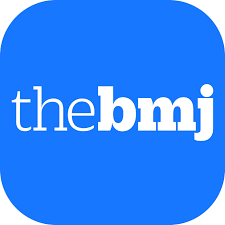This systematic review and Bayesian network meta-analysis compares the effectiveness of oral monotherapy using psychedelics and escitalopram for depressive symptoms. The study addresses concerns about potential overestimation of psychedelics’ effectiveness due to unsuccessful blinding in clinical trials. By distinguishing between placebo responses in psychedelic and antidepressant trials, the researchers aim to provide a more accurate assessment of psychedelics’ efficacy in treating depression.
Key Points:
- The placebo response observed in antidepressant trials was associated with greater effectiveness than that observed in psychedelic trials, suggesting potential bias in psychedelic studies due to unsuccessful blinding.
- When compared to placebo responses in antidepressant trials, only high-dose psilocybin and escitalopram showed greater effectiveness, with high-dose psilocybin exceeding the minimal important difference of 3 points on the Hamilton Depression Rating Scale (HAMD-17).
- The effect size of high-dose psilocybin decreased from large to small when compared to placebo responses in antidepressant trials instead of psychedelic trials, with a standardized mean difference of 0.31.
- In patients with major depressive disorder, high-dose psilocybin, ayahuasca, and escitalopram were associated with greater effectiveness than placebo responses in antidepressant trials.
- The study suggests that among psychedelic treatments, high-dose psilocybin is more likely to reach the minimal important difference for depressive symptoms in studies with adequate blinding design, with an effect size similar to current antidepressant drugs.
- No interventions were associated with higher risks of all-cause discontinuation or severe adverse event rates compared to placebo in psychedelic trials.

HCN Medical Memo
This comprehensive analysis challenges the previously reported large effect sizes of psychedelics in treating depression. Although high-dose psilocybin shows promise, its effectiveness appears comparable to current antidepressants when accounting for potential biases in study designs.
More on Psychedelics
 PATIENT EDUCATION
PATIENT EDUCATION  OBESITY/WEIGHT MANAGEMENT
OBESITY/WEIGHT MANAGEMENT  EXERCISE/TRAINING
EXERCISE/TRAINING  LEGAL MATTERS
LEGAL MATTERS  GUIDELINES/RECOMMENDATIONS
GUIDELINES/RECOMMENDATIONS 
